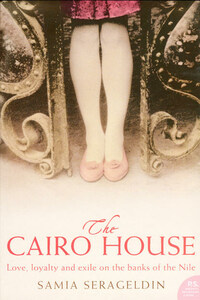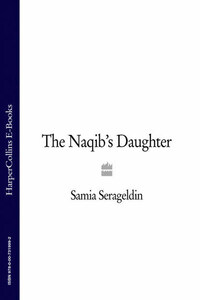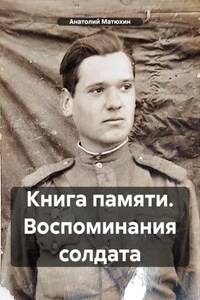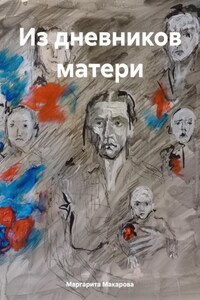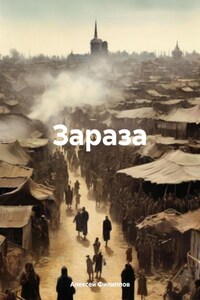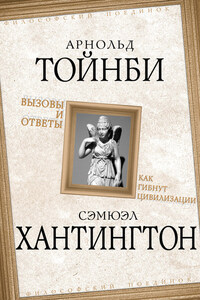For those who have more than one skin, there are places where the secret act of metamorphosis takes place, an imperceptible shading into a hint of a different gait, a softening or a crispening of an accent. For those whose past and present belong to different worlds, there are places and times that mark their passage from one to the other, a transitional limbo: like airports and airplanes.
Watch the travelers going through the arrival gates, being greeted by family and friends, or by strangers holding up a sign with their company name. Watch the subtle shift to accommodate a change in status or expectations, as we play our many roles in life: boss and child, parent and lover, hometown hot-shot and small fish in a big city pond. We emerge from the tunnel ramp and swing through the gates, a chrysalis bursting free of its cocoon, Superman erupting from the telephone booth; or we shuffle off to the luggage carousel, waiting to pick up the familiar battered luggage with which we left.
But the true chameleons are the ones who straddle two worlds, segueing smoothly from one to the other, adjusting language and body language, calibrating the range of emotions displayed, treading the tightrope of mannerisms and mores. If it is done well, it can look deceptively effortless, but it is never without cost. There is no hypocrisy involved, only the universal imperative underlying good manners: to do the appropriate thing, to make those around you comfortable. For the chameleon, it is a matter of survival.
‘Ladies and gentlemen, we will be landing at Cairo Airport in twenty minutes. Local time is 4 p.m., and the ground temperature is 22 degrees Celsius. Please fasten your seat belts and return seats and trays to their full upright position. We remind you to have your passports ready and your landing cards and customs declarations filled out.’
I stare at the landing card in front of me. ‘Purpose of visit: Business or pleasure?’ Simplistic questions in a complicated world. What is the purpose of my visit? How do you answer, I have come back to claim what’s mine? To find out if it is still mine. To find two children I left behind when I ran away a decade ago: one child is my son and the other the girl I once was. The future and the past. Between them they hold the key to the question I have come to try to resolve: where do I belong? Where is this chameleon’s natural habitat?
I fasten my seat belt and smile at the white-haired Minnesotan couple next to me as they grasp each other’s knuckled hands. We have made small talk about cross-country skiing and hockey. At some point they asked me where I was from, and I answered, truthfully, that I live in New Hampshire. It is not evasiveness, nor even the instinct to resist being pigeon-holed. It is only that any answer I give will be just as incomplete and misleading, so this is as good – or bad – as any other.
The wheels skim the ground and the engines are thrust into reverse with a violent roar as the plane hurtles down the runway, then skids to a stop. There is a round of clapping from the Egyptian passengers; it never fails, no matter how bumpy or smooth the landing. As much as a courtesy to the pilot, the applause is the self-congratulation of a fatalistic people on arriving safely. Hamdillah ‘alsalama. Home safely.
Cairo Airport, finally. I sling my shoulder bag and coat over my arm and head for the passport check booths. The Minnesotan couple follow me in line. I hand my blue American passport to the man at the first booth.
‘Do you have a visa?’ he asks in English.
‘No, but I’m Egyptian-born.’
He looks mildly surprised; perhaps I do not look typically Egyptian. He flips through my passport.
‘Seif-el-Islam?’ He raises his eyebrows at my maiden name and asks in Arabic, ‘Any relation to the Pasha?’
‘I’m his niece.’
The man enters the data from my passport on a computer screen, then hands the document back to me with a smile. ‘Hamdillah ‘alsalama. Welcome home.’
As I pass through the gate I nod to the couple from Minneapolis, a little awkwardly, because I can see in their eyes that I no longer belong to their world. At customs I push my cart right through the Nothing To Declare aisle. I scan the mass of dark, eager faces beyond the barrier at the exit. One does not distinguish black or white, only infinite gradations of gray in this most ethnically-mixed and color-blind of peoples. Within a few hours I will no longer notice such things, just as I will no longer see the inevitable film of desert dust in the stark sunshine, like a layer of ash over the gray buildings and the sooty cars, the leaves of the trees and the dark winter clothing of the people.
